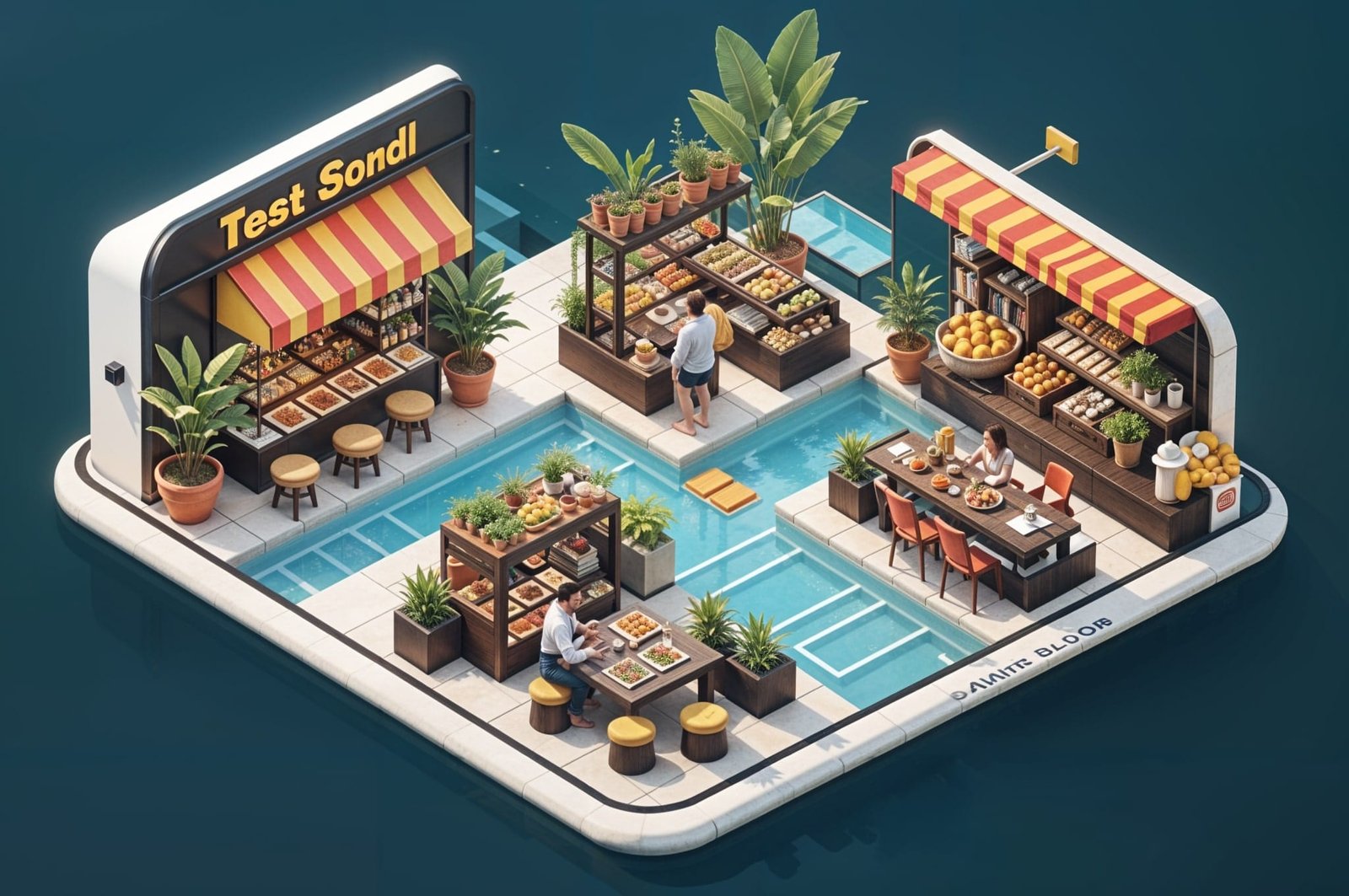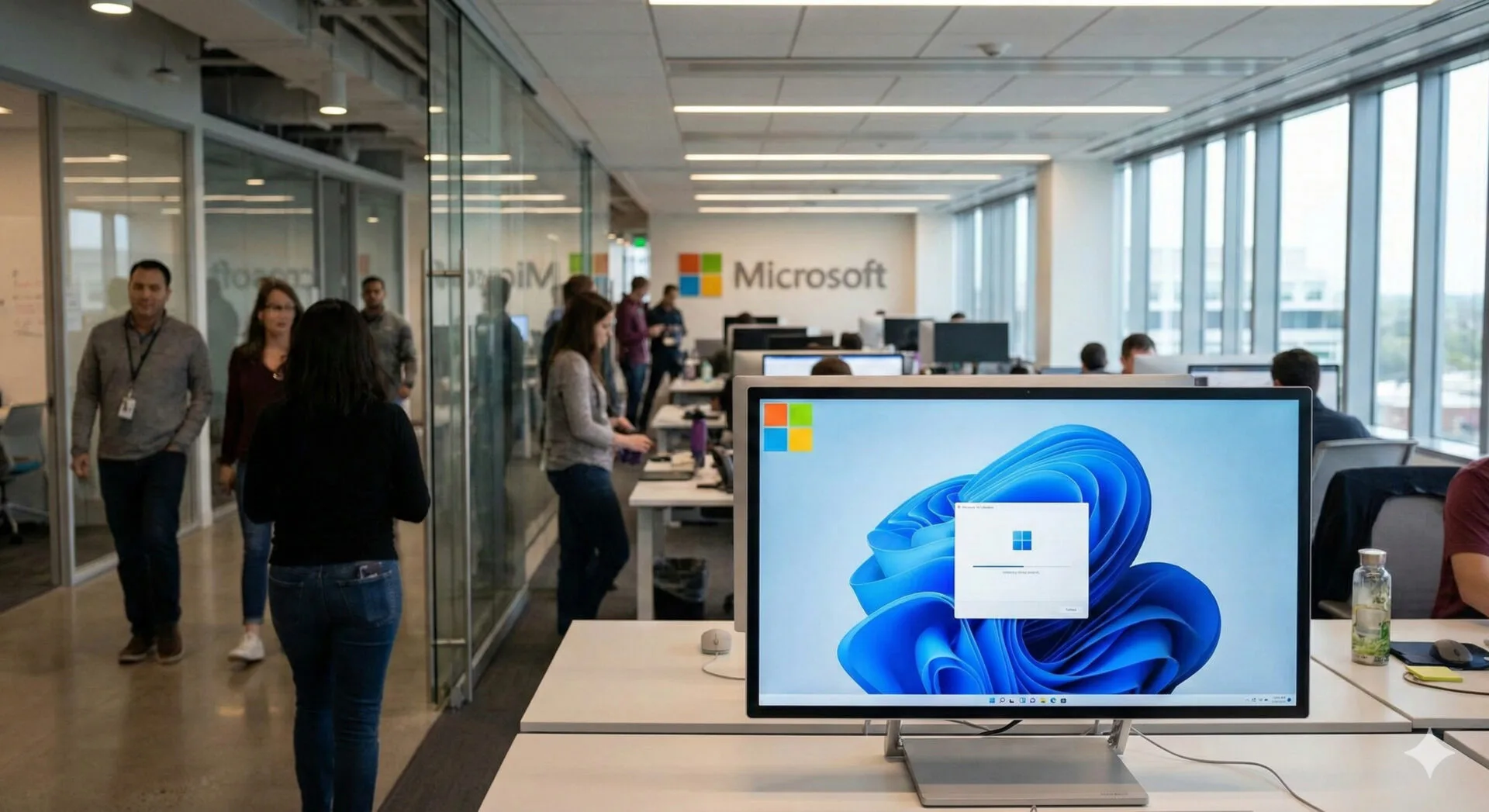The restaurant industry is experiencing a significant transformation in today’s fast-paced digital age. As consumer expectations evolve and technology advances, Restaurant App Development has become essential for success. Restaurant owners and operators increasingly turn to innovative solutions like artificial intelligence (AI) and automation to streamline operations, enhance customer experiences, and drive profitability. In this article, we will explore how these technologies shape the future of restaurant app development and why they are vital for businesses aiming to thrive in a competitive landscape.
Understanding AI and Automation
Definition of AI and Automation
Artificial intelligence refers to the capability of machines to perform tasks that would typically require human intelligence, such as understanding natural language, recognizing patterns, and making decisions based on data. In the context of restaurant apps, AI can enhance customer interactions and streamline various operations.
Automation, on the other hand, involves using technology to perform tasks with minimal human intervention. This can range from automated ordering systems to inventory management tools, all aimed at increasing efficiency and reducing operational costs.
The Role of Automation
Automation plays a crucial role in modernizing restaurant operations. By integrating automated systems, restaurants can minimize human error, save time, and focus on delivering exceptional customer service. For example, automated ordering systems can ensure accuracy, while inventory management tools help maintain optimal stock levels without constant manual oversight.
Enhancing Customer Experience with AI
Personalized Recommendations
Imagine walking into your favorite restaurant, and the staff knows your name, your favorite dish, and what you typically order. AI can make this a reality through personalized recommendations. By analyzing customer data, AI algorithms can suggest menu items based on past orders, dietary preferences, and even the time of day. This personalized touch not only enhances the dining experience but also increases sales by encouraging customers to try new items.
Chatbots and Virtual Assistants
Chatbots powered by AI are revolutionizing customer service in the restaurant industry. These virtual assistants can handle reservations, answer frequently asked questions, and provide information about menu items—all in real-time. This means customers can get the help they need 24/7 without waiting for a staff member to become available. According to a study by Oracle, 80% of businesses plan to use chatbots for customer service by 2025, highlighting the growing trend toward AI-driven support.
Streamlined Ordering Process
The ordering process is often a bottleneck in restaurants, especially during busy hours. AI can streamline this process through voice recognition and predictive text features. Customers can place their orders quickly and accurately, reducing wait times and improving overall satisfaction. A seamless ordering experience is crucial for customer retention, and technology can significantly enhance this aspect of the dining experience.
Improving Operational Efficiency through Automation
Inventory Management
Managing inventory can be a complex task for restaurant owners. Automation simplifies this by providing real-time tracking of stock levels and notifying staff when supplies are running low. This proactive approach reduces waste and ensures that popular menu items are always available. According to a report from the National Restaurant Association, effective inventory management can reduce food costs by up to 15%, significantly impacting a restaurant’s bottom line.
Workforce Management
Scheduling staff can often be a logistical nightmare, especially in establishments with fluctuating customer volumes. Automated workforce management systems can help streamline scheduling, allowing managers to optimize staffing levels based on real-time data and forecasts. This ensures that restaurants are adequately staffed during peak hours, improving service efficiency and enhancing customer satisfaction.
Data Analysis and Reporting
Data-driven decision-making is essential for modern restaurants. Automation tools can collect and analyze data on sales, customer preferences, and operational performance. Restaurant owners can use this information to make informed choices about menu changes, marketing strategies, and overall business operations. This not only improves efficiency but also helps restaurants adapt quickly to changing consumer trends.
The Importance of Integration
Seamless Integration with Existing Systems
For restaurant owners, integrating new technologies into existing systems can be challenging. It’s crucial to ensure that AI and automation tools work harmoniously with current point-of-sale (POS) systems and apps. A seamless integration allows for efficient data sharing and improves overall operational effectiveness.
Third-Party Integrations
In today’s digital ecosystem, restaurants often rely on third-party services for delivery, payment processing, and marketing. Integrating with these services through APIs can enhance the customer experience by providing a cohesive and user-friendly interface. This integration ensures that customers can order food, pay, and interact with the restaurant all in one app, increasing convenience and satisfaction.
Successful Implementation of AI and Automation
Industry Examples
Several restaurants have successfully harnessed AI and automation to boost their operations and customer experiences. For instance, Domino’s has implemented an AI-driven ordering system that allows customers to place orders via voice commands through smart speakers. This innovation has significantly enhanced customer engagement and streamlined the ordering process.
Lessons Learned
From these successes, other restaurants can learn valuable lessons about the importance of adopting technology to stay competitive. Embracing AI and automation is not merely about keeping up with trends; it’s about meeting customer expectations and enhancing overall operational efficiency.
Future Trends in Restaurant App Development
Predictive Analytics
Predictive analytics is set to play a vital role in restaurant app development. By analyzing historical data, restaurants can forecast trends and customer preferences, allowing them to make proactive adjustments to their menus and marketing strategies. This forward-thinking approach can lead to increased sales and improved customer satisfaction.
Advanced Personalization
The trend towards hyper-personalization is on the rise, with restaurants using AI to create tailored dining experiences for customers. This could include personalized discounts based on past purchases or customized menu items based on dietary preferences, ensuring that every customer feels valued.
Expansion of Contactless Solutions
As safety remains a priority, the demand for contactless solutions will continue to grow. Restaurants will increasingly rely on automation to provide contactless ordering and payment options, enhancing safety and convenience. This trend is likely to shape the future of restaurant app development, as customers seek ways to minimize physical contact.
Challenges and Considerations
Overcoming Implementation Barriers
While the benefits of AI and automation are significant, there are challenges in adopting these technologies. Many restaurant owners may face resistance from staff or management when introducing new systems. It’s essential to provide training and demonstrate the long-term advantages of these technologies to ensure a smooth transition.
Balancing Technology with Human Touch
One potential pitfall of automation is the risk of losing the personal touch that customers value in dining experiences. While AI and automation can enhance efficiency, it’s important for restaurant owners to maintain strong relationships with customers. Finding the right balance between technology and human interaction is essential for long-term success.
Conclusion
As the restaurant industry evolves, Restaurant App Development is becoming increasingly essential. By leveraging AI and automation, restaurant owners can enhance customer experiences, streamline operations, and drive profitability. Embracing these technologies is not just about keeping pace with the competition; it’s about preparing for the future. The role of Startup App Development in this transformation cannot be understated, as innovative solutions continue to shape the dining landscape. Restaurants that invest in these advancements will not only thrive in the current market but also pave the way for a more efficient, customer-centric future.






Leave a Reply